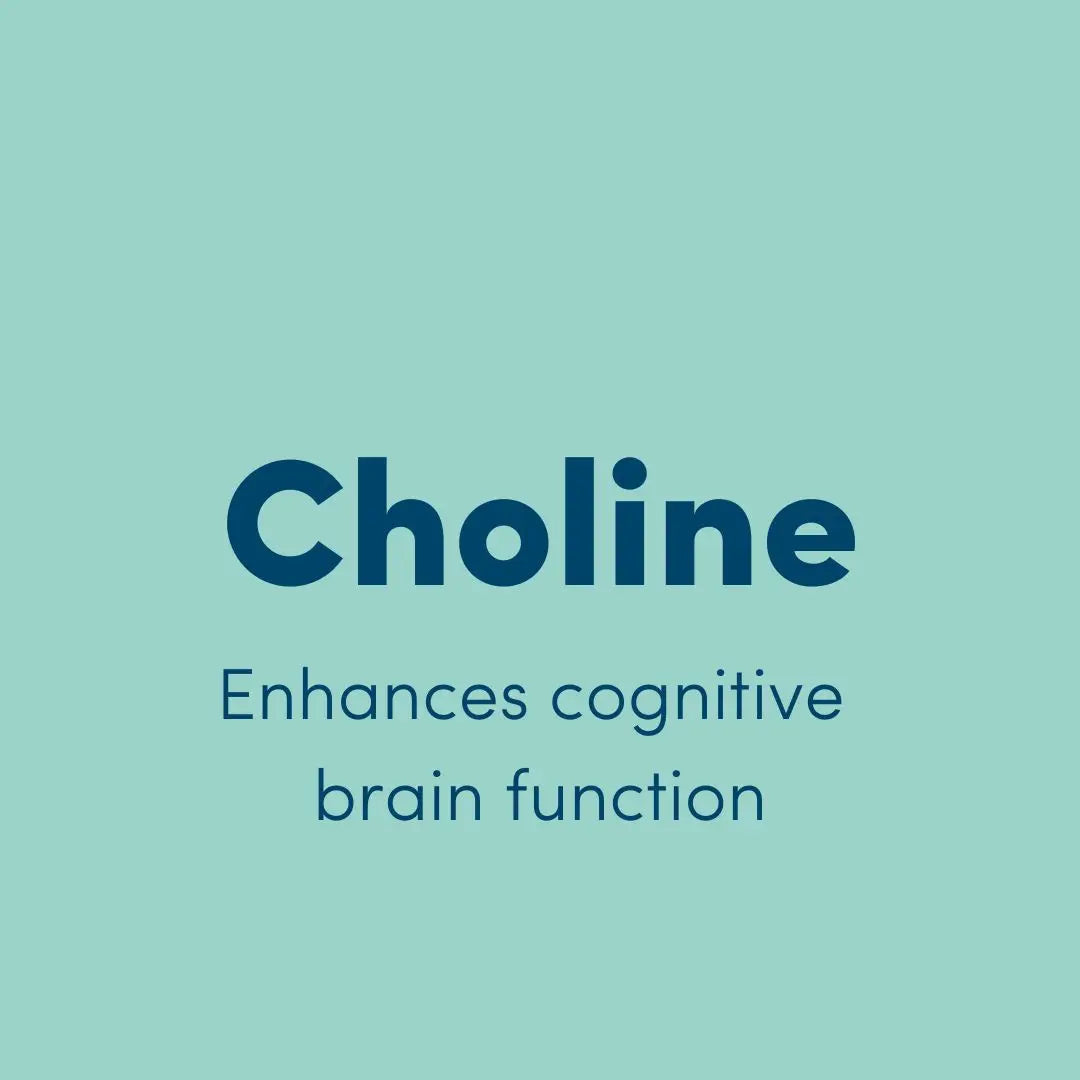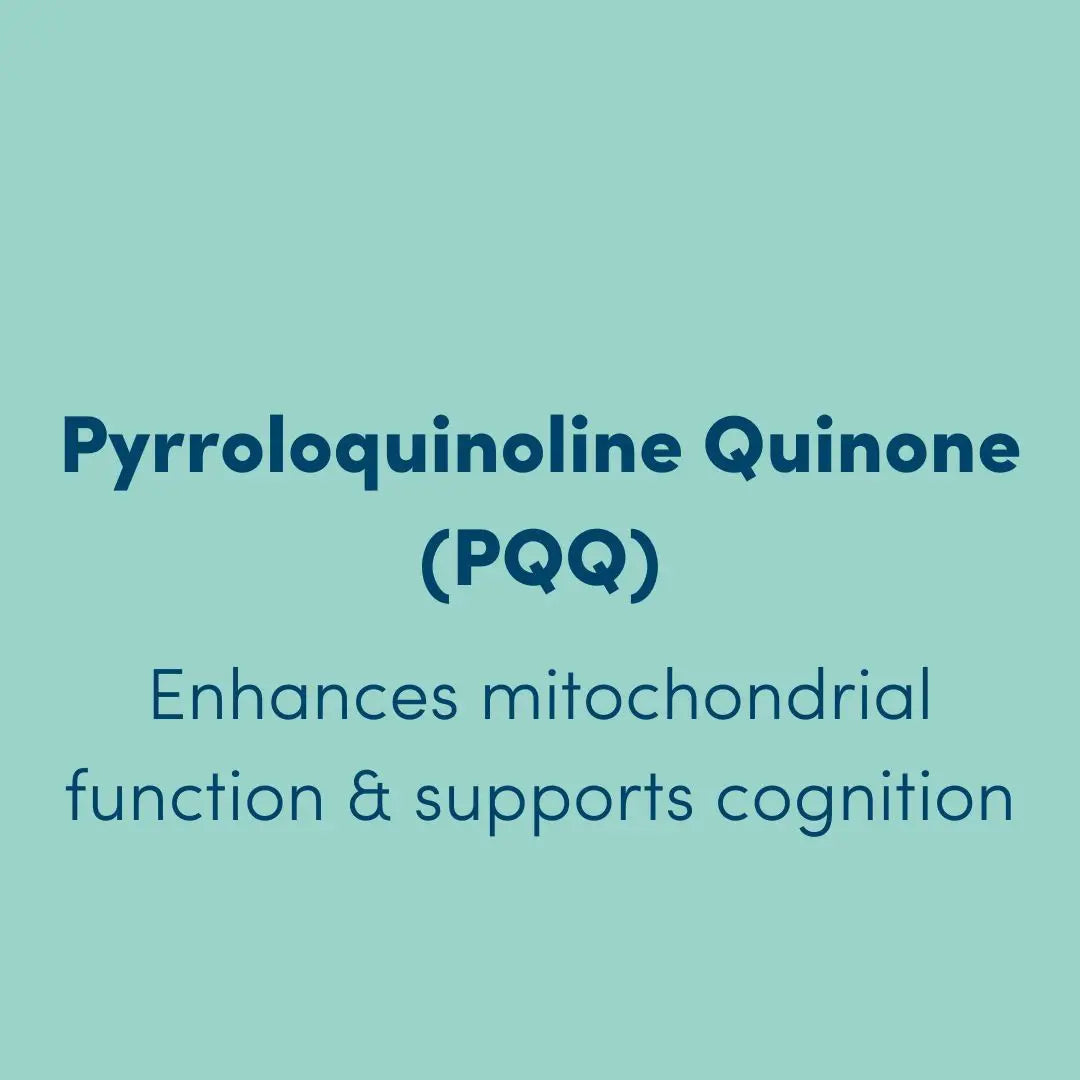
A new link has been found between Vitamin B12 levels and signs of central nervous system damage in older adults.
The currently recommended intake of vitamin B12 may be insufficient, especially with age, and may put people at risk for cognitive impairment, according to a study published in February 2025 in the journal Annals of Neurology.
Vitamin B12 is particularly necessary for the production of DNA, red blood cells, and nerve tissue.
Ari J. Green, of the Department of Neurology at the University of California, San Francisco, conducted this study with 231 healthy people without dementia or mild cognitive impairment, whose average age was 71.
Participants who had lower levels of vitamin B12, while still within the recommended range, showed signs of neurological and cognitive impairment.
MRI scans showed more extensive damage to the brain's white matter (the nerve fibers that allow communication between brain regions). In cognitive tests, these participants showed slower information processing, linked to subtle cognitive decline. The impact was amplified with age. They also showed delays in responding to visual stimuli, indicating slower visual processing and slower overall brain conductance.
The research calls for new recommendations regarding the intake needed to meet needs and emphasize that supplementation in older adults may offer better brain protection.
Vitamin B12 occurs naturally only in animal-based foods.
Reference:
Beaudry-Richard, A., Abdelhak, A., Saloner, R., Sacco, S., Montes, S.C., Oertel, F.C., Cordano, C., Jabassini, N., Ananth, K., Gomez, A., Keihani, A., Chapman, M., Javvadi, S., Saha, S., Staffaroni, A., Songster, C., Warren, M., Boscardin, J.W., Kramer, J., Miller, B., Miller, J.W., Green, R. and Green, A.J. (2025), Vitamin B12 Levels Association with Functional and Structural Biomarkers of Central Nervous System Injury in Older Adults. Ann Neurol. https://doi.org/10.1002/ana.27200





